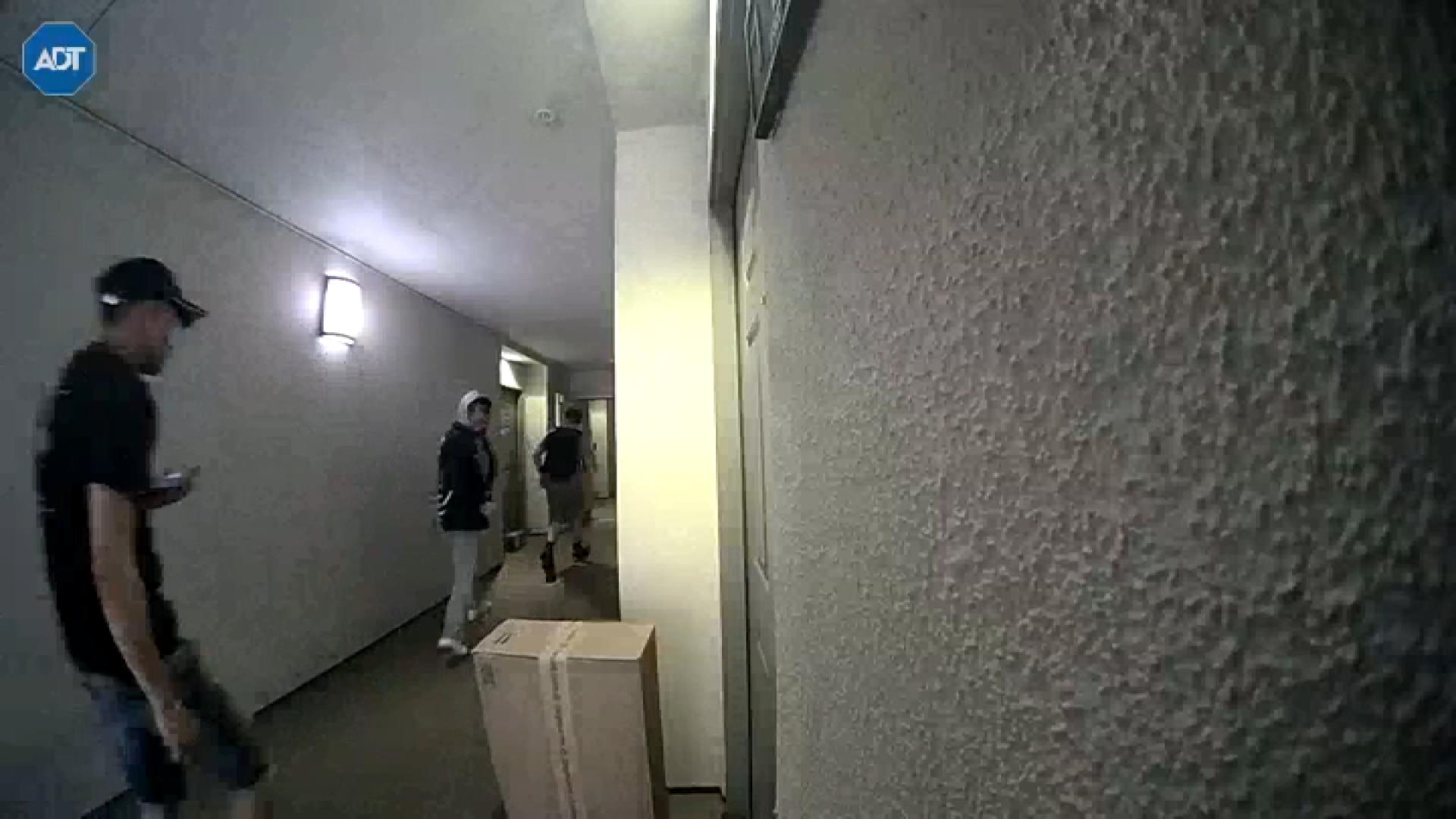A federal judge Thursday barred the city of Los Angeles from enforcing gang injunctions, finding the civil court order that local police have used for decades is likely unconstitutional.
In her written order, Chief U.S. District Judge Virginia A. Phillips stated that Los Angeles gang injunctions "impose significant restrictions on plaintiffs' liberty" and have "truly weighty" implications.
Phillips found in the preliminary ruling that the city likely violated the Constitution by enforcing the injunctions without first giving accused people the chance to defend themselves.
Gang injunctions routinely require those named to follow rules often imposed on convicts as terms of their probation, such as observing curfew hours and not associating with gang members, even if never convicted of a crime.
Many in law enforcement believe gang injunctions, which date to the 1980s, have been effective in reducing gang crime and violence. Los Angeles Police Chief Charlie Beck called the ruling "unfortunate," expressing concern it might enable an increase in gang crime, and saying he hoped something could be worked out so that their enforcement could resume.
"The city of Los Angeles has dramatically reduced gang violence over the past decade by using strategies that combine prevention, intervention, enforcement and rehabilitation," he said in a statement. "Gang crime is down over 20 percent since just last year and has been cut by more than half since 2008.
"An important part of these strategies is the intelligent use of gang injunctions to reduce the numbers of victims shot by preventing groups of gang members from congregating on our streets where they become easy prey for rivals intent on homicide. This strategy alone has saved hundreds of lives since its inception and has made all of us safer by reducing gang warfare and both it's intended and unintended consequences. The LAPD will work closely with the LA City Attorney's Office to either appeal this decision or find other ways to maintain this life saving tool."
News
Top news of the day
Los Angeles City Attorney Mike Feuer said Friday he has assembled a team to review the order to determine what steps the city needs to take, including whether to appeal the decision.
"We're going to be sure we maintain the right balance, to focus on making our city as safe as possible, while assuring civil rights are protected," Feuer said during an interview with NBC4 that will be broadcast Sunday morning on News Conference.
Feuer noted that gang suppression approaches have expanded considerably since the city first turned to gang injunctions, citing such programs as Gang Reduction and Youth Development, which is unaffected by the ruling.
The board of directors of the Los Angeles Police Protective League, the union representing the Los Angeles Police Department's officers, issued a statement criticizing the ruling.
"Appropriately applied, gang injunctions are a valuable law enforcement tool intended to improve the safety of Los Angeles neighborhoods and stem the tide of drug dealing, assaults, and other violent crimes associated with gangs,'' the statement said.
"It's unfortunate that a judge would eliminate this important crime fighting tool instead of working to resolve any issues with its application. We urge the city to appeal this shortsighted ruling."
In 2016, the ACLU Foundation of Southern California and others filed a class-action complaint against the Los Angeles Police Department and city officials on behalf of the Youth Justice Coalition, which has been advocating for residents it claims are unjustly accused of gang activity.
Peter Arellano, the lead plaintiff in the suit, had been placed under a gang injunction without a hearing or any other formal chance to refute the accusation he was in a gang.
Arellano wrote in his declaration that he has been stopped by police countless times in his Echo Park neighborhood since the age of 10 because he was assumed to be affiliated with the local Big Top Locos gang. "Police have assigned me several different (gang) monikers over the years, such as Pee-Dog, Listo, and Pee,'' he claimed.
In September, Phillips suspended enforcement of the injunction against Arellano.
"This ruling sends the city a clear message: it cannot take away the basic liberties of Angelenos on a whim,'' said Melanie Ochoa, an ACLU SoCal staff attorney. "The city's use of gang injunctions has violated due process for nearly two decades, with no record of making communities safer. That ends today.''
The preliminary injunction expands the September ruling, lifting sanctions from nearly 1,500 Los Angeles residents who were put on the gang injunction list by the LAPD and City Attorney's Office without due process, according to Ochoa.
The number of class members currently subject to the injunction dwindled from nearly 9,000 to 1,500 during the course of the lawsuit, because the city removed nearly 7,500 individuals from its enforcement list, admitting that it had no evidence that those individuals were active gang members, according to the ACLU.



